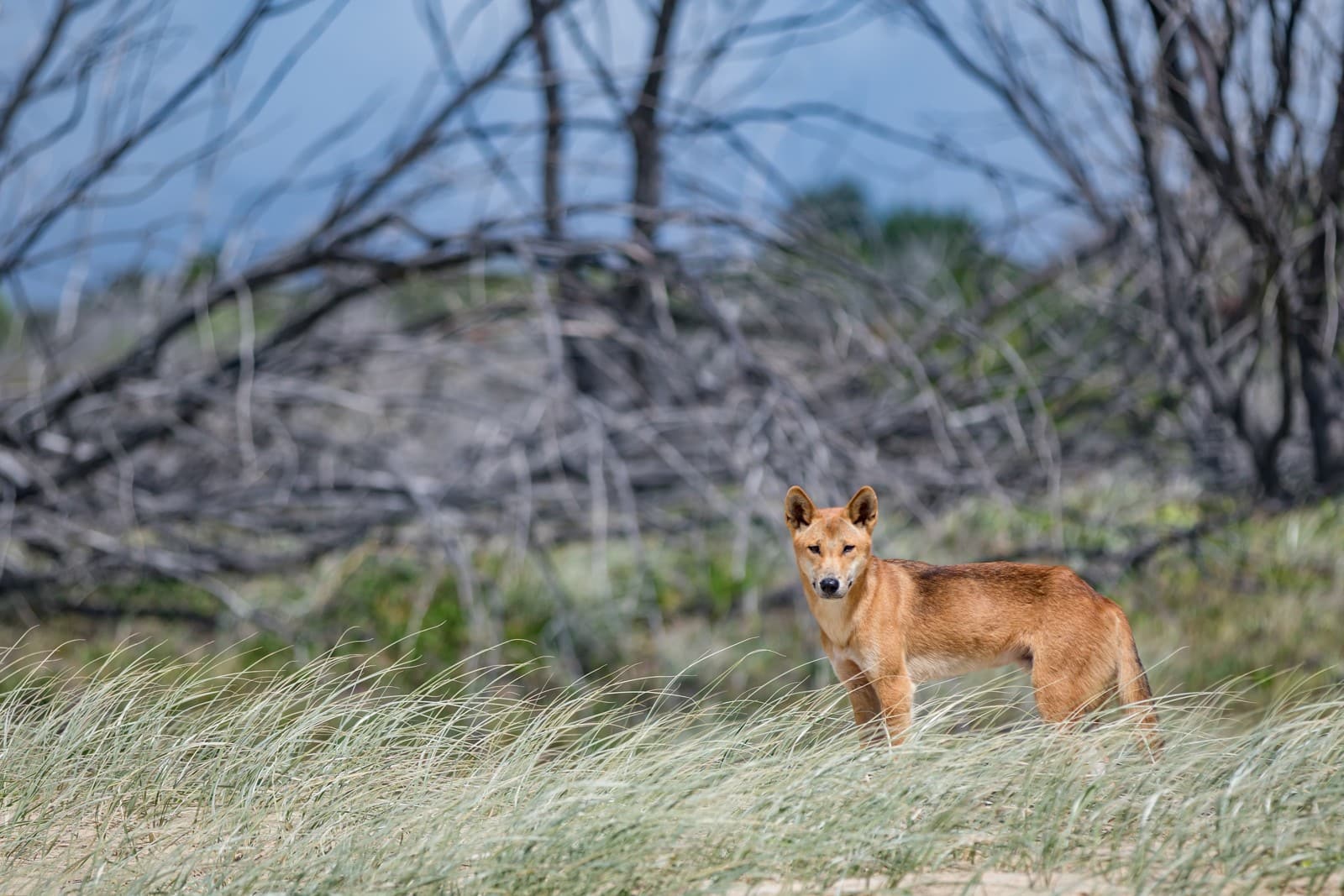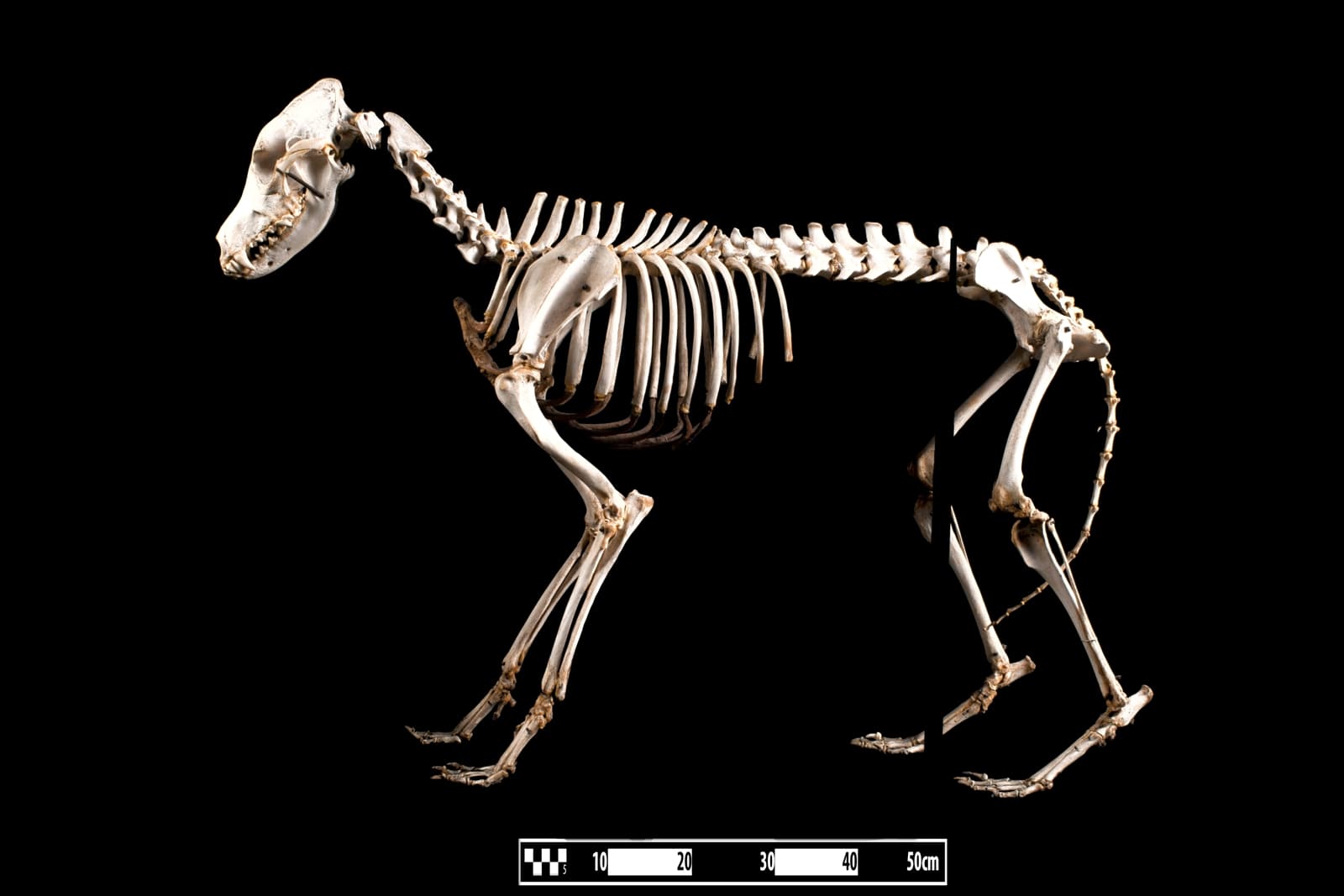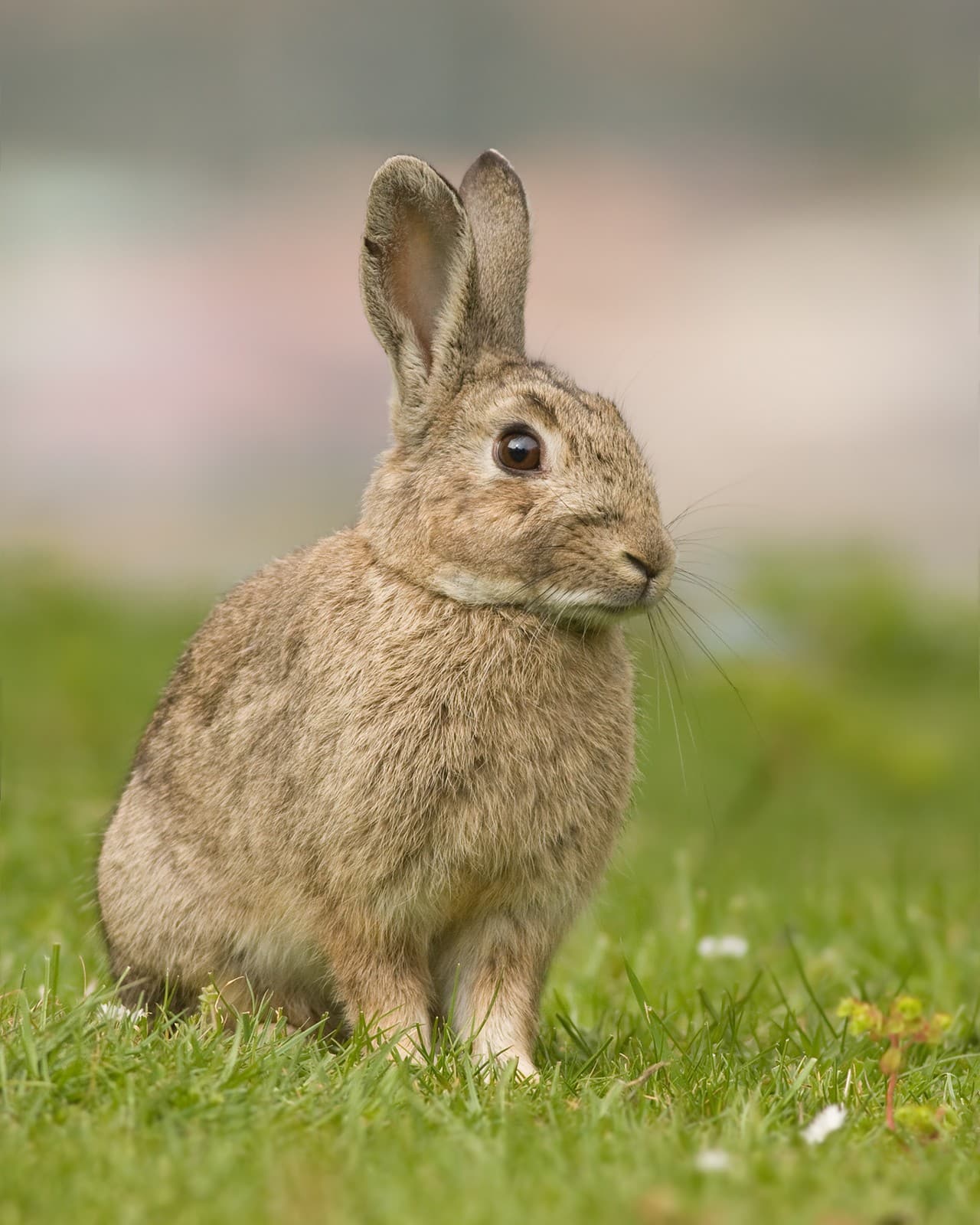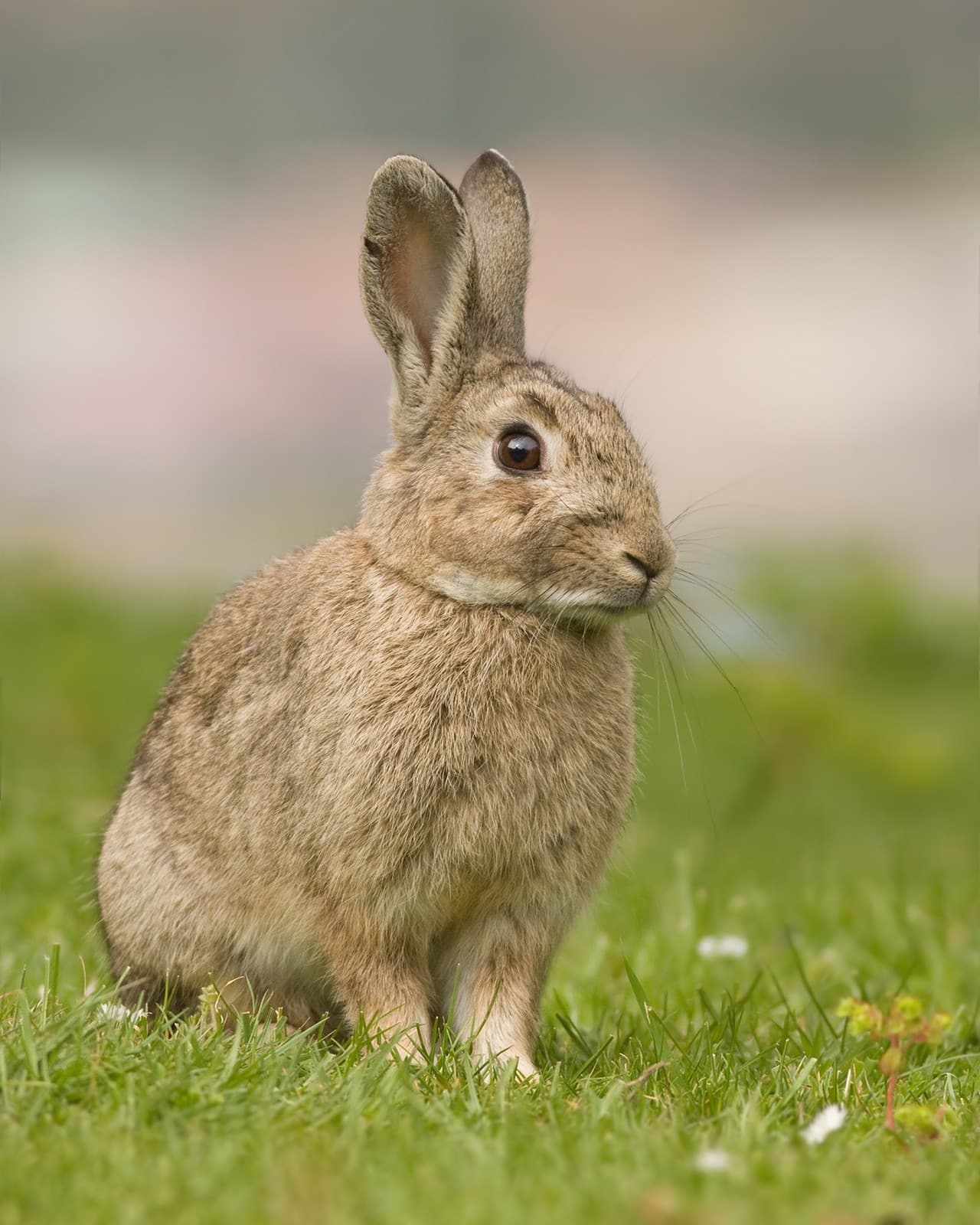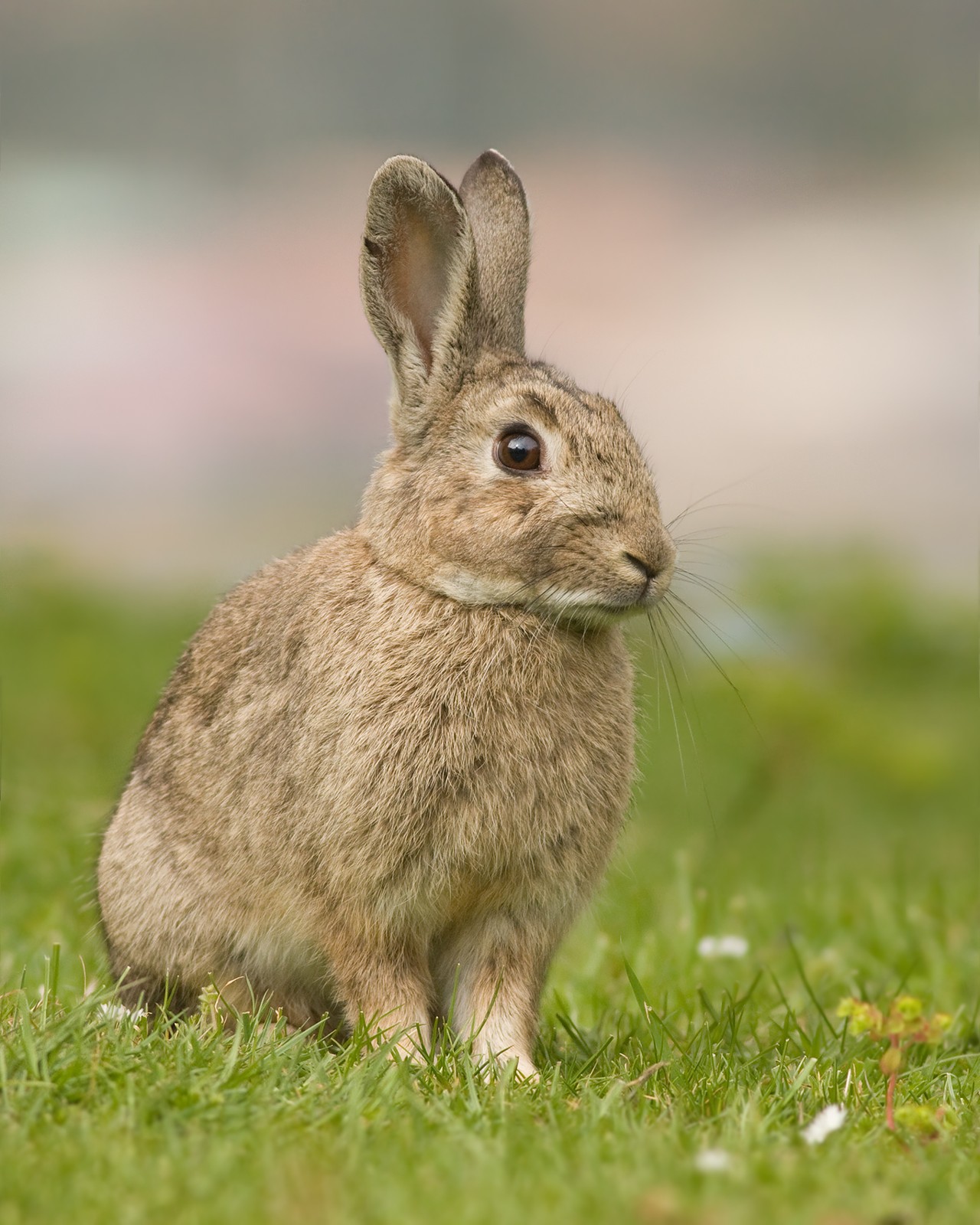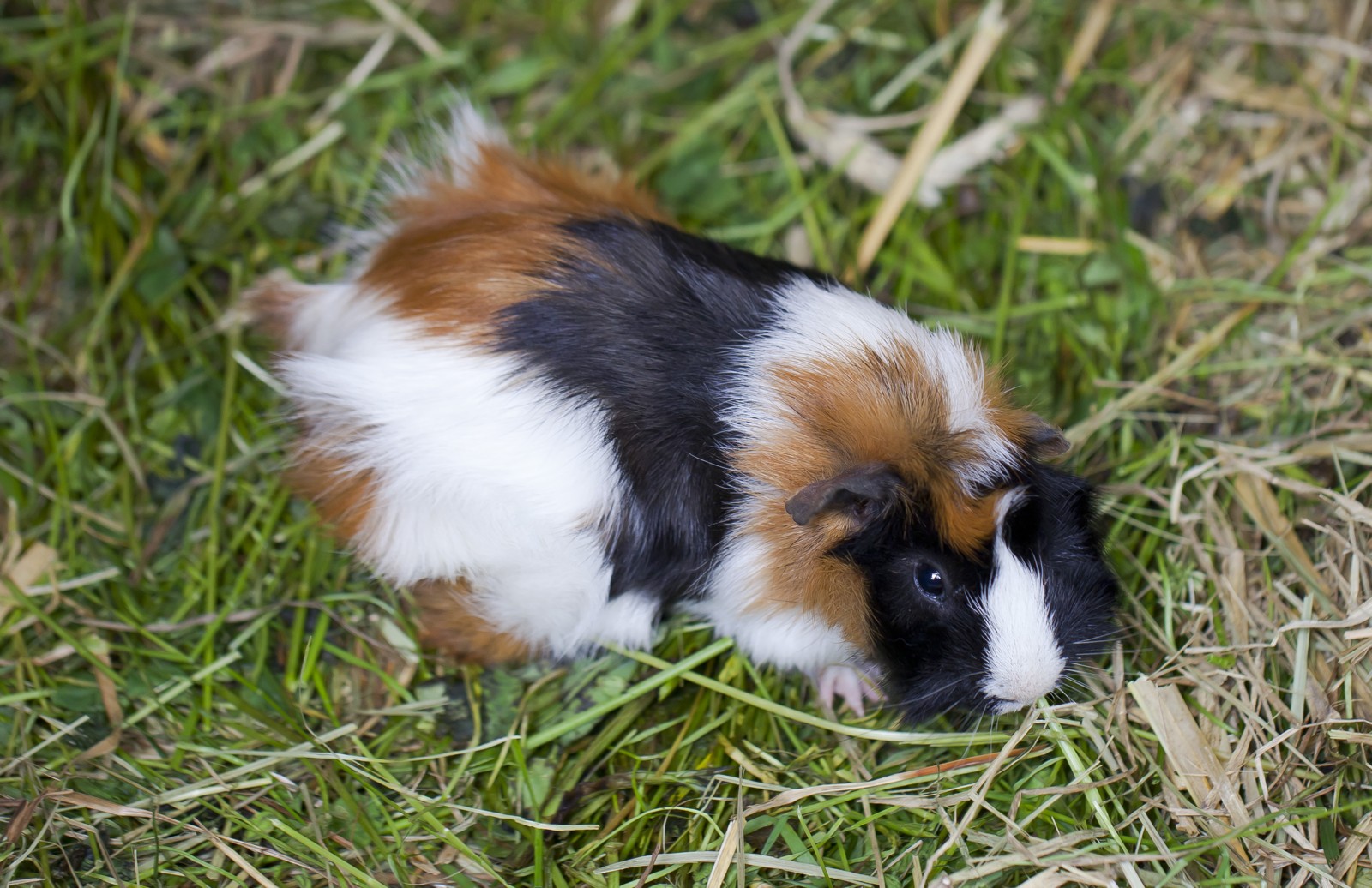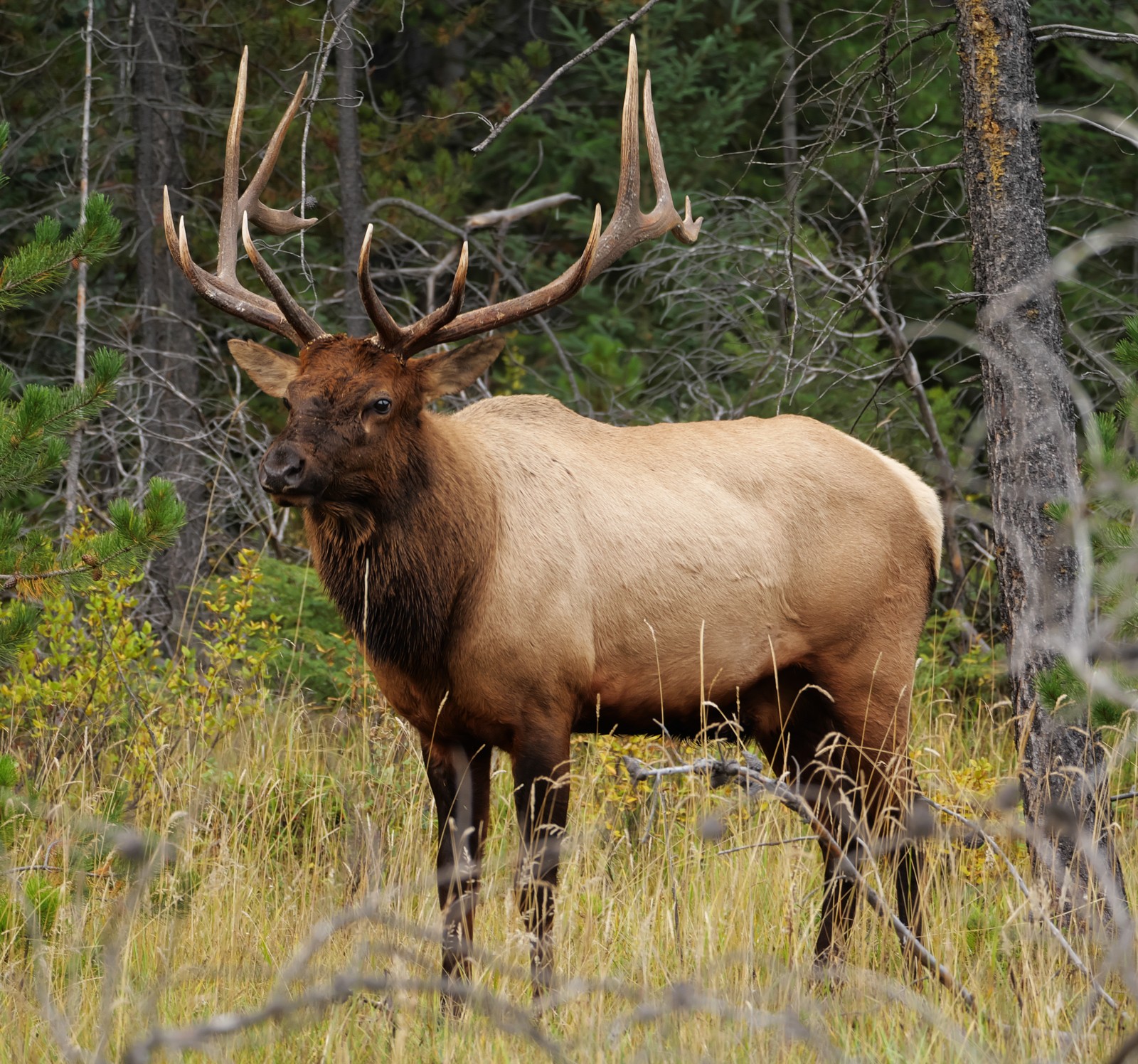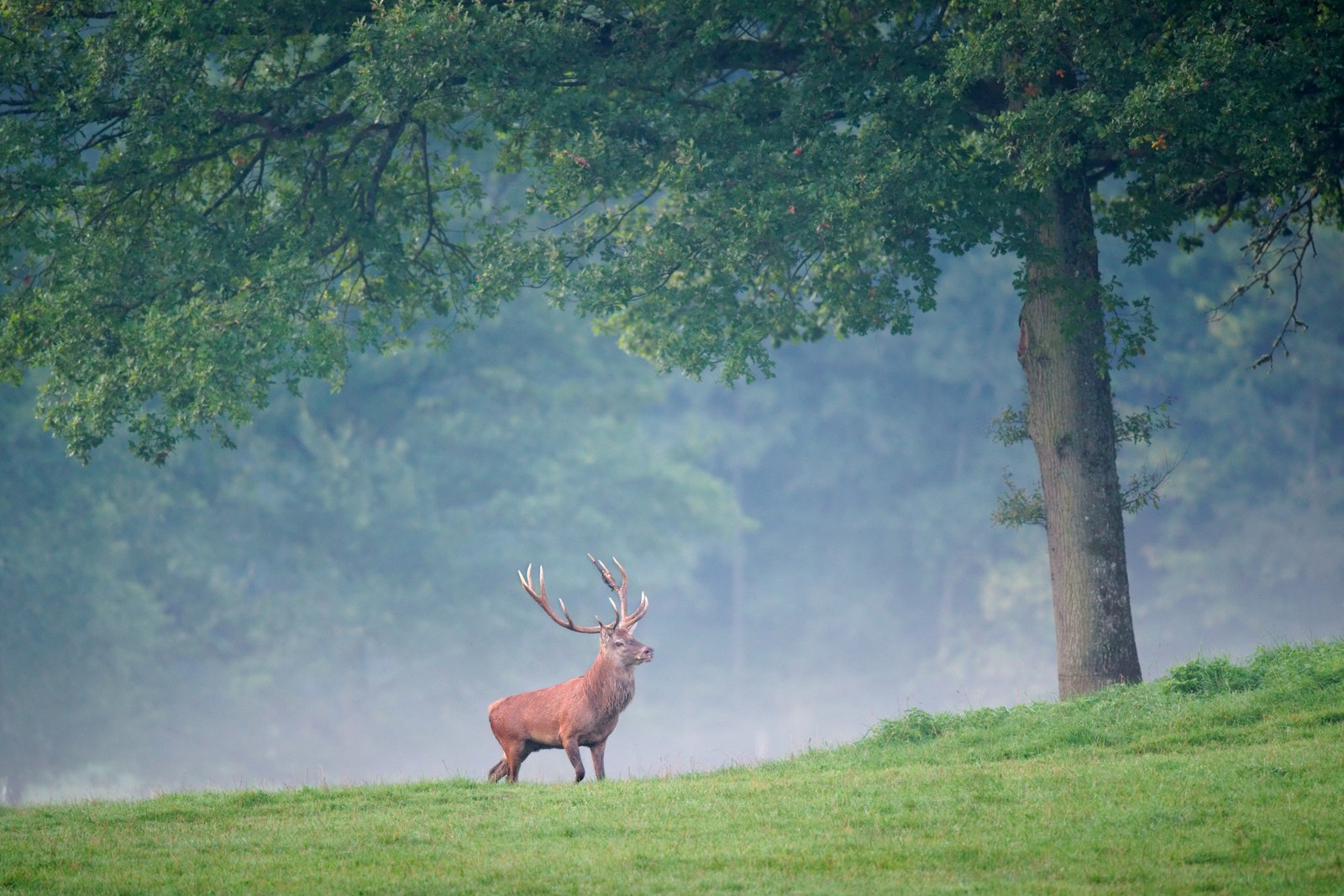Dog vs Rabbit: Complete Comparison Guide (Size, Care & Behavior)
When comparing dogs vs rabbits as potential pets, the differences extend far beyond their obvious physical characteristics. Dogs typically weigh between 4-175 pounds (1.8-79 kg) depending on breed, while domestic rabbits generally range from 2-20 pounds (0.9-9 kg). These distinct animals offer unique companionship experiences, with dogs known for their social, trainable nature and rabbits appreciated for their quiet, gentle demeanor.
The decision between a dog and rabbit often comes down to lifestyle compatibility, space requirements, and time commitment. Dogs require regular outdoor exercise and constant interaction, while rabbits can thrive in smaller spaces with more independent routines. Understanding these fundamental differences helps potential pet owners make informed decisions.
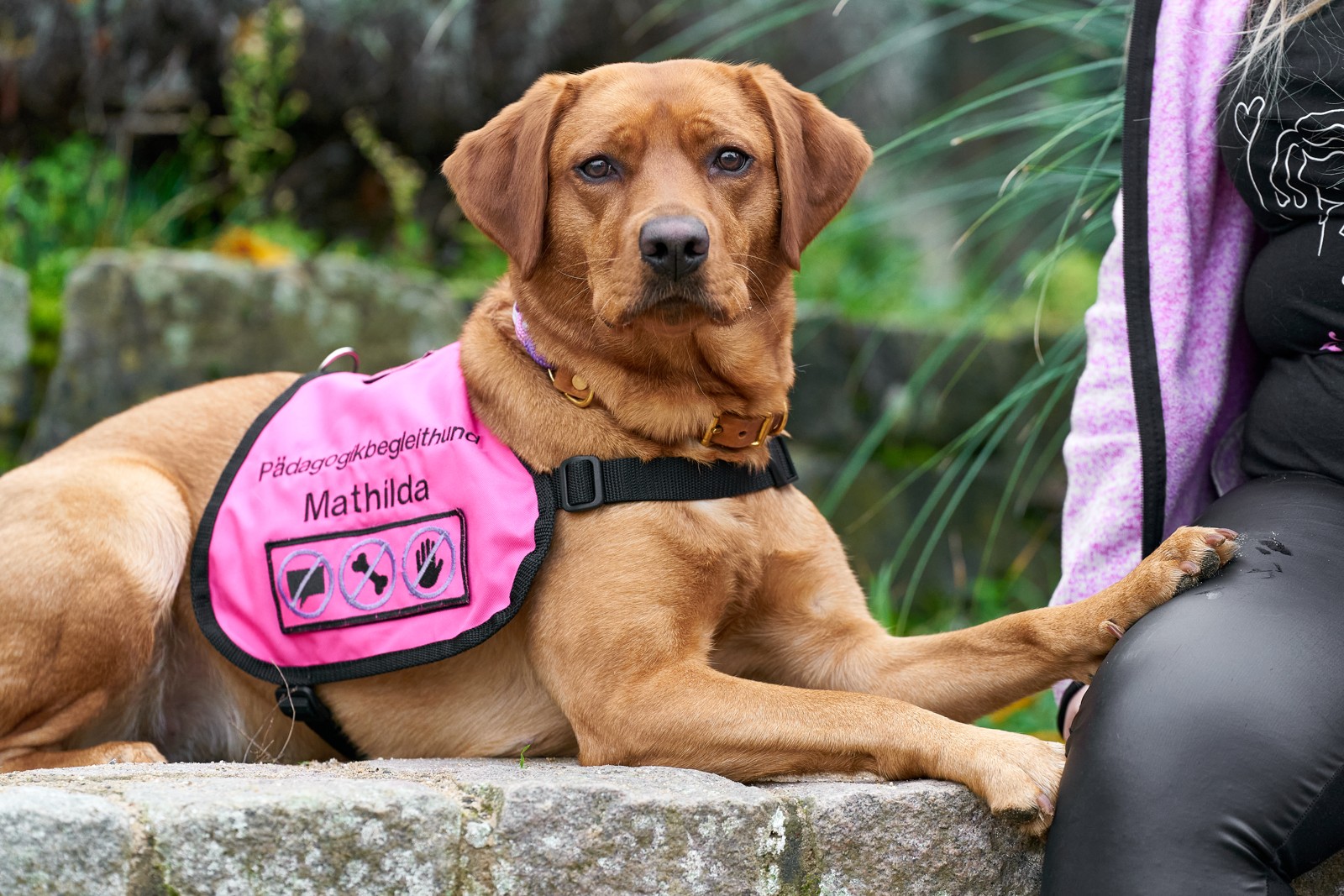
© Anil Öztas / FAL
Dogs demonstrate remarkable adaptability and social intelligence, with breeds developed for various purposes from herding to companionship. Their physical capabilities and emotional intelligence make them versatile working animals and devoted family members.
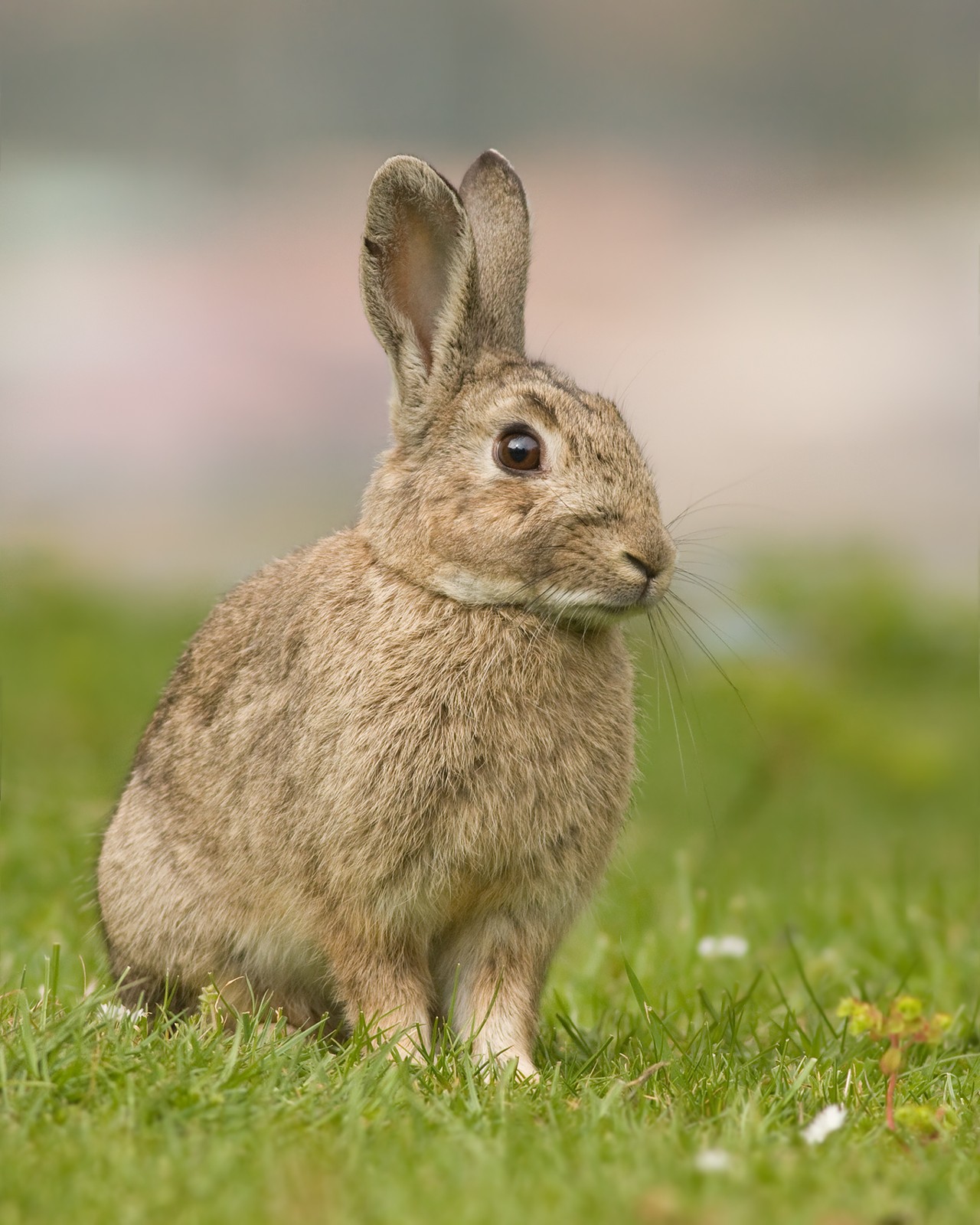
© JJ Harrison (https://www.jjharrison.com.au/) / CC BY-SA 3.0
Rabbits exhibit complex social behaviors and remarkable agility, with powerful hind legs allowing them to jump up to four feet high. Their alert nature and unique personalities make them fascinating companion animals for those seeking a quieter pet experience.
Key Differences: Dog vs Rabbit Comparison
| Feature | Dog | Rabbit |
|---|---|---|
| Lifespan | 10-13 years average | 8-12 years average |
| Exercise Needs | 30-120 minutes daily outdoor activity | 4-5 hours supervised playtime |
| Space Requirements | Varies by breed; minimum 100+ sq ft living space | Minimum 12 sq ft enclosure plus play area |
| Social Needs | High; requires constant interaction | Moderate; enjoys companionship but more independent |
| Training Capability | Highly trainable; responds to commands | Can learn basic commands; litter box trainable |
| Maintenance Costs | $1,000-3,000 annually | $500-800 annually |
Care Requirements and Daily Routines
Dogs require structured daily care including:
- Regular walks and exercise
- Multiple feeding times
- Constant access to fresh water
- Regular veterinary check-ups
- Social interaction and training
- Grooming needs vary by breed
Rabbits need:
- Daily hay and fresh vegetables
- Clean water supply
- Regular cage cleaning
- Safe indoor exercise time
- Periodic nail trimming
- Annual veterinary examinations
Behavioral Characteristics
Dog Behavior
Dogs are pack animals with strong social hierarchies. They display:
- Loyalty to family members
- Protective instincts
- Trainability for various tasks
- Need for regular social interaction
- Ability to understand complex commands
- Varied energy levels by breed
Rabbit Behavior
Rabbits exhibit more subtle social behaviors:
- Quiet and generally non-vocal
- Territorial marking
- Complex body language
- Crepuscular activity patterns
- Strong environmental awareness
- Social bonding with other rabbits
Health Considerations
Dog Health
- Require regular vaccinations
- Breed-specific health concerns
- Need preventative medications
- Regular dental care
- Exercise-related joint issues
- Varied dietary requirements
Rabbit Health
- Sensitive digestive systems
- Dental health monitoring
- Susceptible to heat stress
- Regular grooming needed
- Spaying/neutering recommended
- Specific hay-based diet required
Cost Comparison
Initial costs for dogs typically range from $500-2,000, with ongoing annual expenses between $1,000-3,000. This includes:
- Food and treats
- Veterinary care
- Grooming supplies
- Training classes
- Equipment and toys
- Insurance
Rabbit startup costs average $200-500, with annual expenses of $500-800, covering:
- Housing setup
- Food and hay
- Veterinary care
- Bedding materials
- Toys and enrichment
- Basic supplies
Making the Choice
The decision between a dog and rabbit should consider:
- Available living space
- Time for daily care
- Activity level preferences
- Noise tolerance
- Long-term commitment
- Financial resources
- Lifestyle compatibility
Both animals can make wonderful companions when matched with appropriate living situations and dedicated caregivers who understand their unique needs and characteristics.


